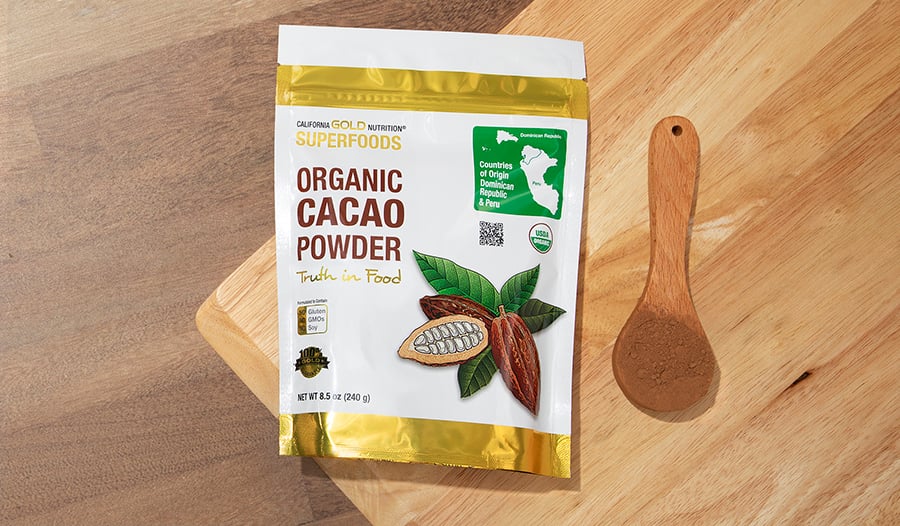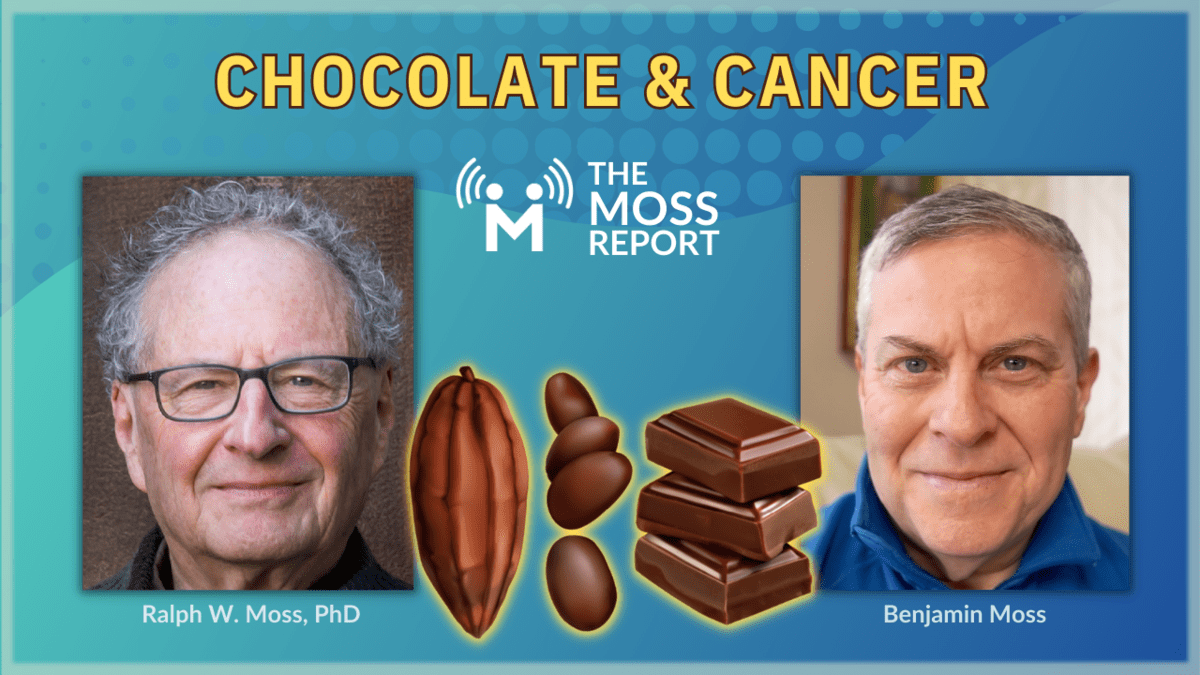Does Chocolate Have Caffeine?: Unwrapping the Truth
Yes, chocolate contains caffeine. The amount varies depending on the chocolate type.
Chocolate is a beloved treat enjoyed by millions worldwide, not just for its rich flavor, but also because it offers a slight energy boost, courtesy of its caffeine content. The darker the chocolate, typically the higher the caffeine level, as caffeine is naturally occurring in cacao beans from which all chocolate is made.
Milk chocolate has less caffeine than dark chocolate, and white chocolate has negligible amounts since it contains no cocoa solids. For those sensitive to caffeine or looking to enjoy chocolate as a part of a nocturnal snack, understanding these differences is crucial. The caffeine content in chocolate is something to consider if one is monitoring their intake for health or dietary reasons.

Caffeine In Chocolate: The Basics
Chocolate contains caffeine, though often in smaller amounts than coffee. Dark chocolate typically holds more caffeine than milk chocolate. The darker and richer the chocolate, the higher the caffeine content. For instance, a 1-ounce piece of dark chocolate might have around 12-25 milligrams of caffeine, while milk chocolate can contain as little as 5-10 milligrams for the same size.
| Type of Chocolate | Caffeine Content (per 1 oz) |
|---|---|
| Milk Chocolate | 5-10 mg |
| Dark Chocolate | 12-25 mg |
Compare this to a cup of coffee, which can offer 95-200 mg of caffeine. Even a 12 oz can of cola provides around 30-35 mg. Consider that serving sizes can vary. This makes chocolate a lower-caffeine treat.

Unveiling The Chocolate Making Process
The journey of chocolate making begins with cocoa beans. These beans hold the key to the taste and caffeine content of chocolate. The beans come from the cacao tree’s fruit. They are collected, fermented, and dried.
During fermentation, chemical changes occur. Caffeine levels start to emerge in the beans. Next comes roasting, where beans turn brown and aromatic. Caffeine remains through this step.
Grinding the roasted beans creates cocoa mass, also known as chocolate liquor. This liquor holds all the caffeine. This makes dark chocolate have more caffeine than milk chocolate.
Health Impacts Of Caffeine In Chocolate
Chocolate contains caffeine, a stimulant found in many foods and drinks. Eat chocolate in small amounts for positive effects on health. A little caffeine boosts your energy and can make you alert. It might improve your concentration and could make your memory better. Dark chocolate has more caffeine than milk chocolate. So, choose wisely!
Eating much chocolate can lead to too much caffeine in your body. Too much caffeine might make your heart beat fast. You could feel restless or shaky. It could even cause trouble sleeping. Sometimes it might upset your stomach. Kids need to be careful because even a small amount may be too much for them.
Navigating Myths And Facts
Many believe chocolate is high in caffeine. This is not quite accurate. Dark chocolate does contain some caffeine, but not as much as coffee. For clarity, a 50-gram bar of dark chocolate has around 20-30 milligrams of caffeine. In contrast, the same amount of coffee might offer over 100 milligrams. Milk chocolate contains even less caffeine, making it less concerning for those monitoring their intake.
Research backs these facts. Studies show that while chocolate has caffeine, the levels are generally low. Notably, white chocolate has no caffeine, as it lacks cocoa solids. Parents often worry about chocolate as a caffeine source for kids. However, its caffeine content is relatively minimal. Thus, chocolate’s impact on energy levels may be overestimated. So, enjoy your chocolate treats, but keep the portion in mind!
Choosing Your Chocolate Wisely
Understanding the caffeine content in chocolate is crucial for managing intake. All chocolate contains some caffeine. Dark chocolate usually has more caffeine than milk chocolate.
To manage caffeine, look at the product label. Companies list ingredients and sometimes caffeine levels. Choose chocolate with a higher cocoa percentage for less caffeine.
White chocolate is the best option for minimal caffeine. It actually contains no cocoa solids, hence little to no caffeine. Remember, eating chocolate in moderation can help control your overall caffeine consumption.

Enjoying Chocolate Responsibly
Chocolate can be part of a balanced diet, but it’s key to watch the caffeine content, especially for those sensitive to caffeine. Including small amounts of chocolate in your meals can satisfy cravings without consuming too much caffeine. By pairing chocolate with fruits or nuts, you can boost nutrition and maintain energy levels.
For individuals with caffeine sensitivity, understanding their limit is crucial. It’s important to check chocolate labels as darker chocolates tend to have more caffeine than milk chocolates. Limiting servings will help in managing caffeine intake while still enjoying the taste of chocolate.
Frequently Asked Questions For Does Chocolate Have Caffeine
How Much Caffeine Is In Chocolate?
Chocolate contains caffeine, but in smaller quantities compared to coffee. For instance, a 1-ounce square of dark chocolate has roughly 12 milligrams of caffeine. Milk chocolate has even less, approximately 9 milligrams for a 1. 55-ounce bar.
Can Chocolate Affect Sleep Like Caffeine?
Yes, chocolate can potentially disrupt sleep due to its caffeine content. Dark chocolate has more caffeine than milk chocolate, making it more likely to impact sleep. Sensitivity to caffeine varies, so effects on sleep will differ from person to person.
Is Caffeine In Chocolate A Health Risk?
In moderate amounts, the caffeine in chocolate is generally not a health risk for most individuals. However, people sensitive to caffeine or with certain health conditions should monitor their chocolate intake to avoid potential adverse effects.
Does White Chocolate Contain Caffeine?
White chocolate typically contains negligible amounts of caffeine, if any. Unlike dark and milk chocolate, white chocolate is made from cocoa butter instead of cocoa solids, which is where most of the caffeine in chocolate is found.
Conclusion
Certainly, chocolate does contain caffeine, albeit in varying amounts. Embracing this can help guide your consumption, especially if caffeine sensitivity is a concern for you. As always, enjoying chocolate in moderation remains the key takeaway. So, savor your next chocolate treat with the knowledge of its caffeine content in mind.